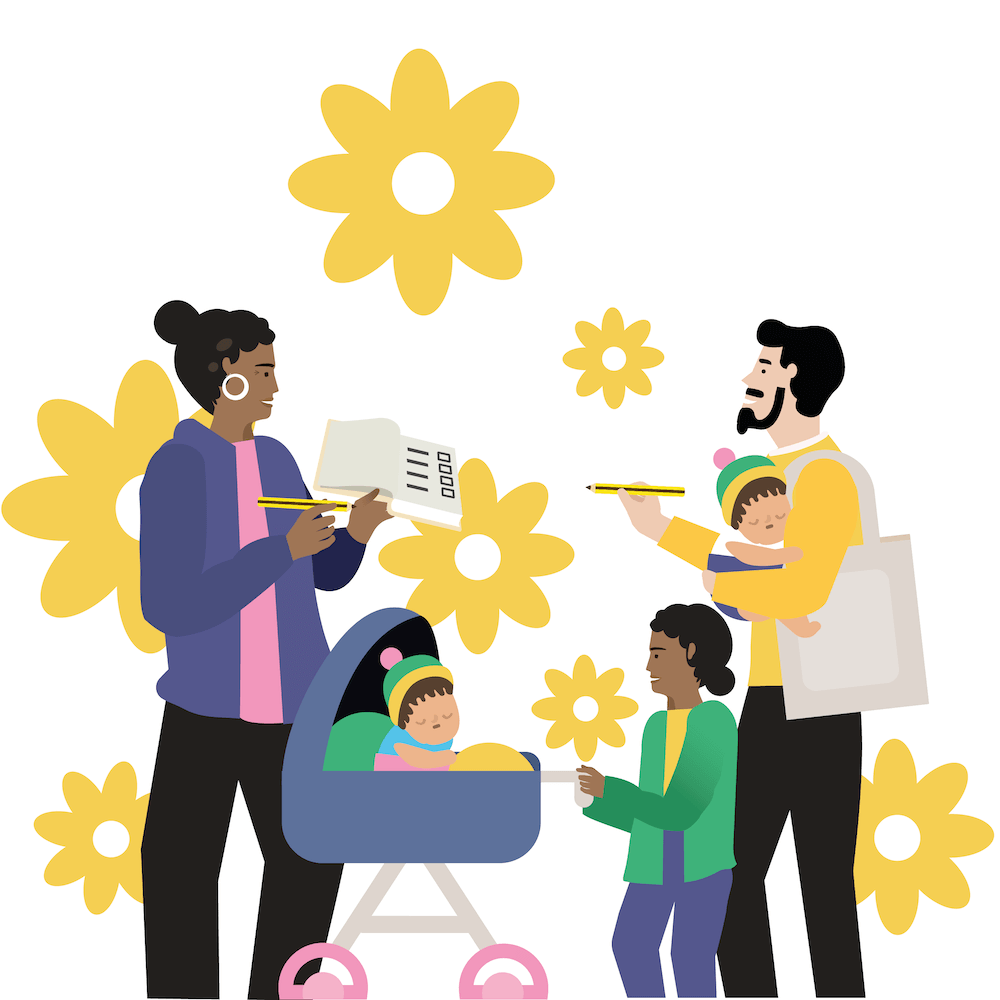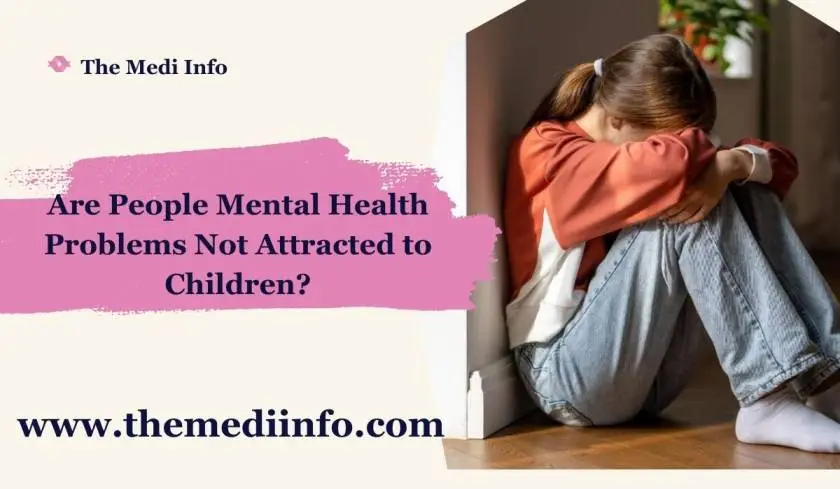
Among the school runs and sleepless nights, it can be easy to put your own needs on the back burner. Use these tips to ensure you’re taking care of yourself, and your relationships, too
Work-life balance can be difficult for many people, and being responsible for a child can be another added challenge. Taking care of children can often take the focus, and with work and chores, along with social commitments, it can be a lot to juggle – where is the time for our relationships?
Here we explore some thoughts on how to balance your role as a parent alongside your other relationships and identity, to feel the benefits of a more harmonious life.
1. Make a plan about who does what and when
For couples returning from work, or having spent the day caring for the kids, it’s likely they may reach the end of the day feeling tired and stressed. Then comes the question: who’s responsible for what chores?
Sometimes, it can be assumed that one parent will do certain tasks; this can lead to resentment and arguments. To ensure everyone is taking an equal share, it can help to sit down together and write a list of household duties. Communicate, and have a discussion about tasks – changing it up now and then to keep things balanced.
For single parents, it can feel like everything’s on your plate. Depending on the age of your children, it might be worth having a discussion with them about how they can help out. Using an activity calendar with them can help spread out some responsibilities. And with younger children, it could be worth asking if family or friends can help out once a week, to give you a bit of a break where possible.
2. Ensure you have time for yourself, and your relationship
Life is fast-paced and can be stressful, so it’s important to ensure that you are looking after yourself. Always remember, it’s not selfish to take some time to recharge your batteries.

We want to enjoy our family life, and the time we spend together. When you put the children to bed and finish the chores, run a bath or read a book. Find time to unwind. Mindfulness can be helpful with this, and it doesn’t have to take long – try just 15 minutes of mindful practice or meditation, and see how quickly it can change your day.
If you’re in a relationship, it’s important to make time for each other as a couple. It’s not always possible to find a babysitter, but if you can, try to organise regular date nights where you can reconnect. You don’t even need to leave the house, just sit down together on the sofa and watch a film, put your phones away, and talk to each other.
3. Keep up with your hobbies
When you have a baby, the dynamics in your relationships – both with yourself and others – tend to change. Some people can also lose their sense of identity, and fall into the role of being ‘mum’ or ‘dad’. It’s important to spend time doing something you enjoy, on your own – continuing a hobby, or taking up a new one. Pursuing a hobby can help to stimulate your mind, and boost confidence, as we feel a sense of achievement.
4. Spend time together as a family
It can be fun to pick a theme night once a week, such as Italian food on Wednesdays.
You could also have a movie night, and take it in turns to choose a film. Some people use the alphabet game to choose family days out. Simply work through the alphabet, taking it in turns to pick an activity in line with each letter. This means that each family member gets to choose something fun, and you make new memories together.
5. Know that everyone has arguments
It is important to realise that all families argue, but the trick is to be able to discuss things, and work through them together before they build up. Remember that it is about the give and take in a relationship, and there may be some things you need to compromise on.
If a conversation with a partner is becoming heated, agree to have a 10-minute break to calm down before you discuss the issue.
Communication, and working as a team, are really important in any relationship, and help to build an all-round better family life.
Yvette Winstone is a psychotherapist who works with children, adults, and couples. You can find her on counselling-directory.org.uk
Related Post
 13
13 Dec
Are People Mental Health Problems Not Attracted to Children?
Are People Mental Health Problems Not Attracted to Children? As per a concentrate by the College of Michigan's Wellbeing Lab, upwards of 1 of every 7 youngsters in the US are at present experiencing an undiscovered treatable emotional well-being issue. Remaining.
Read More 02
02 Dec
Does Ambetter Cover Virtual Mental Health Visits in Georgia?
Does Ambetter Cover Virtual Mental Health Visits in Georgia? Ambetter from the Peach State Wellbeing Plan serves underprotected and uninsured populations through Georgia Access. Ambetter from Peach State Wellbeing Plan is endorsed by Ambetter of Peach State, Inc., which is a.
Read More 18
18 Nov
Is There a Good Place to Stop Leveling Health Skyrim?
The blemish in Skyrim's evening out framework is by they way it grants capacity to the player, and capacity to the players resistance through unequivocal means. For instance, by work in abilities. Is there a good place to stop leveling health.
Read More 06
06 Nov
What Type of Cancer Did Morgan Spurlock Have?
Morgan Spurlock, the producer and previous CNN series have whose McDonald's narrative Super Size Me was selected for an Institute Grant, passed on from disease confusions Thursday, as indicated by his loved ones. What Type of Cancer Did Morgan Spurlock Have? The.
Read More